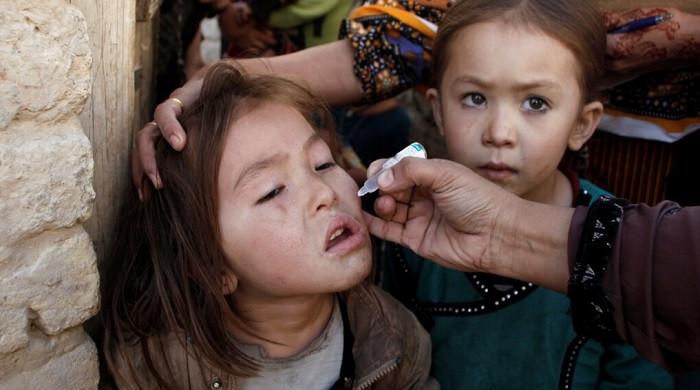Pakistan population expected to see 56% rise by 2050: UN
Pakistan’s population to rise to 366 million by 2050; world population to reach 8 billion by end of 2022, UN report says
July 13, 2022

- Pakistan’s population to rise to 366 million by 2050, says UN report.
- Pakistan leading contributor to population growth.
- World population to reach 8 billion by end of 2022.
KARACHI: Pakistan is expected to see a 56% increase in its population to 366 million individuals by 2050, a recent United Nations report revealed.
The UN report titled: "World Population Prospects 2022" also projected that the global population, which currently stands at 7.7 billion, will reach 8 billion by the end of 2022, according to The News.
Despite the declining trend in the overall population growth by 1%, the population peak will hit in 2080, with the world population growing to 10.4 billion. Earlier, the peak was estimated to hit after the year 2100.
The report also attributes Pakistan as one of the leading contributors to population growth.
In 1990, the country, with 114 million people, stood at the eighth position in the list of the world’s most populous countries. It has climbed up three spots to reach the fifth fertility issues in married couples and a change in lifestyle.
In May 2022, at the 8th Midsummer Endocrine Updates Conference of the Pakistan Endocrine Society (PES), titled ‘Endocrinology for the Future’, health experts shared that around four million married couples in Pakistan are infertile.
There are certain lifestyle changes that are leading to low birth rates. According to a 2014 World Bank report, many Pakistani men showed interest in family planning due to the growing challenges of raising large families.
In his message on World Population Day, which fell on Monday, July 11, President Arif Alvi shared: “Council of Common Interests has approved a set of eight recommendations and the National Action Plan (NAP) in consultation with the provincial and regional governments to address the matters related to population in the country inclusively.”
The president was hopeful that Pakistan would take every step possible to fulfil its international commitments and implement the CCI’s recommendations and the NAP on population while taking all stakeholders and implementing partners on board.
A 56% increase in Pakistan's population means that it will need to generate more revenue for its healthcare and education budget and other public services.
It is also one of the 10 destination countries for refugees and asylum seekers. The country has reported a net outflow of 16.5 million migrant labour between 2010 and 2021.











